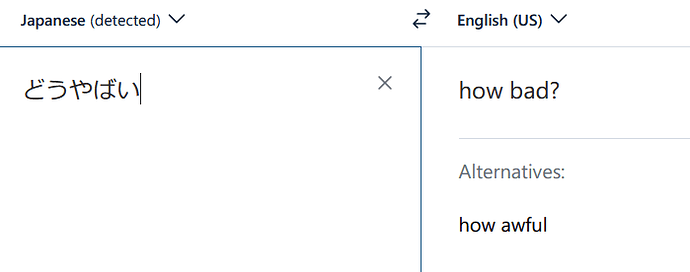どう… I just can’t get my head around this word that appears everywhere in Japanese. I’m ever really sure how to translate it when I’m reading.
どうだろう was the latest incarnation
どういう
どうしても
どうしよう
Is it better to take each occurance of どう on its own merits or seek to unravel the mysteries of どう in its entirity.
How happy I’ll be if I can understand this one day:

Looked for a video on どう on youtube, got a million hits on どう. Search results for どう grammar mainly gave どういう vids.
Any tips, ideas, links to help me unlock this mental block I have with どう。


 .
.
